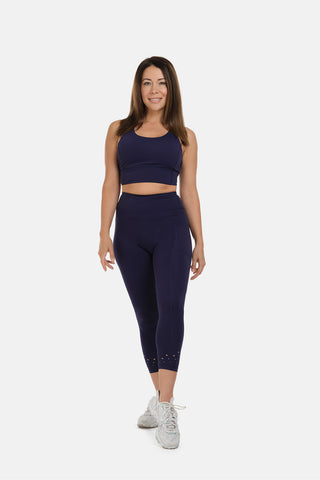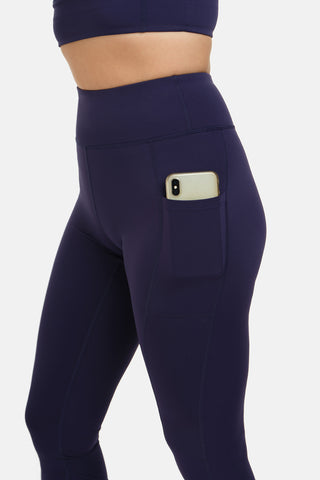Fabrics
LOOK GOOD WHILE HELPING THE ENVIRONMENT
Here at Perky Peach, we are passionate about changing the way we recycle. Creating functional activewear that is flexible and stylish is at the heart of everything we do.
Read on to learn about the recycled fabrics we use:

rPET (recycled polyethylene terephthalate)
It is made from re-formed polymers gathered from post-consumer plastic bottles or post-industrial manufacturing packaging. rPET consumes less energy than producing virgin polyester and keeps bottles and other plastics out of the landfills. Unlike natural fibres, polyester is exceptionally durable. It also resists to stretching, shrinking, and does not wrinkle. It is easy to wash, dries fast, needs no ironing, and keeps its shape. Sweat evaporates through the garment because of its low level of absorption. Specific functions can be added to the fibre directly during the extruding process, giving the garment targeted purposes such as sweat-wicking, anti-crease finish, or anti-bacterial properties. Recycled polyester is comfortable, functional, and sustainable.
Bamboo
We use Bamboo fabric for our vest tops and socks because it is incredibly soft and breathable. It has moisture-wicking and moisture absorption properties, which are far more efficient than regular cotton or microfibre. It also has insulating properties that help to keep you cool in the summer and warm in winter. Bamboo also has natural anti-bacterial qualities, a antimicrobial bio-agent called Bamboo-kun is naturally found in the fibre and is what makes bamboo antifungal and odour resistant. Bamboo is one of the fastest-growing crops in the world and needs very little water and no pesticides or fertilizers. Bamboo fabric is made from regenerated bamboo cellulose, the plant's natural polymer is transformed into viscose, a soft and silky fibre that is great for people with skin allergies. Bamboo viscose is biodegradable.
Organic Cotton
Organic cotton is grown without harmful chemicals, leaving the soil, air and water free from contaminates that cause harm. Organic cotton produces around 46% less CO2e compared to conventional cotton. It also uses far less water to grow since organic cotton growers typically utilise rain far more than irrigation






